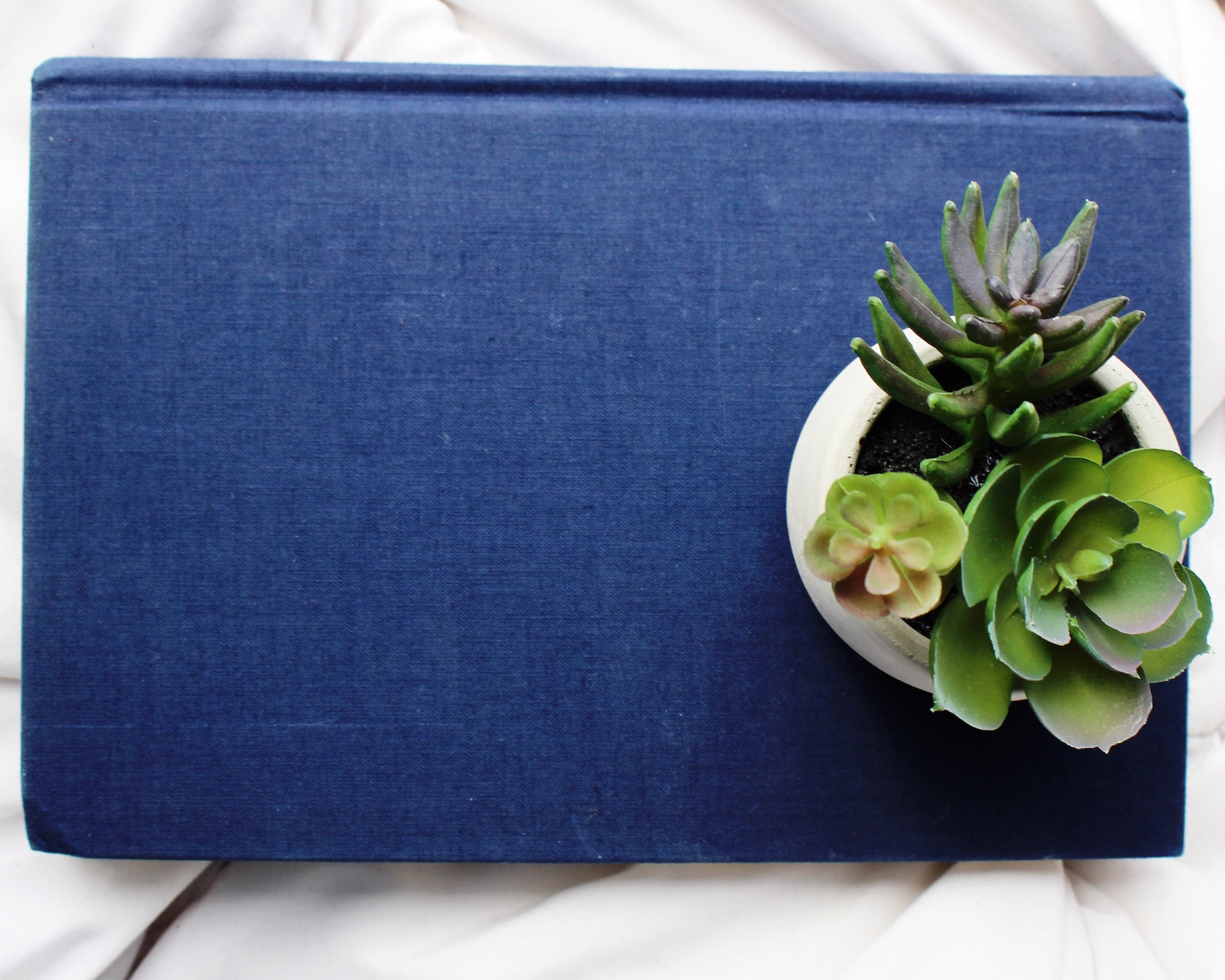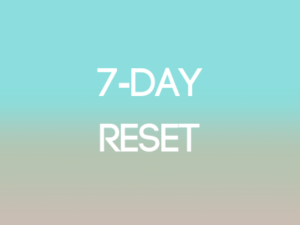
Podcast: Play in new window | Download
Subscribe: RSS
In a world that’s becoming increasingly high-tech, I find it interesting that many low-tech modes of experience have been gaining in popularity–from yoga to meditation to journaling.
And this makes sense. We need simplicity now more than ever, because our lives are anything but simple.
Thus enters the ancient art of journaling.
Journaling has been a recognized practice since at least 10th century Japan, where we have some of the earliest documented examples of it.
Many historical world figures have famously kept journals, from Christopher Columbus to John Adams to Anne Morrow Lindbergh.
I myself have journaled for as long as I can remember–from those early days of writing about my first crushes in a diary I tried to hide from my brother, to the less frequent but more serious themes I write about as an adult.

While journaling can be a great cathartic practice, there are many reasons to consider a journaling practice.
- Immune Function–Believe it or not, journalers are shown to have improved T-cell function, reduced asthma, less rheumatoid arthritis, and lessened incidence of other ailments and diseases, according to University of Austin.
- Sleep–Keeping a journal can help you sleep better
- Anxiety–journaling your emotions can help you manage them by releasing and validating their expression
- Mindfulness–The act of writing–whether it’s about your experiences, desires, or internal state of being–requires looking inward and paying attention to nuance, which can spill over to mindfulness in other areas
- Creativity–Because journaling differs from task-oriented writing (such as writing your email newsletter or composing Tweets), it allows your brain to go into mind-wandering mode, which enhances creativity and your ability to discover new ideas and solutions

SO HOW DO YOU DO IT?
So you may be thinking, “Great, I get that it’s good for me. But where do I get started?”
There are as many ways to journal as people who journal.
But here are some general idea to get you started.
- Free-writing: Reflect on your own thoughts, circumstances, and how you feel about things. This is the most basic form of journaling, and the one I practice the most. However, if you’re brand new to journaling it may feel a little too open-ended and thus be hard to get going.
- Gratitude journaling: Increasing in popularity, gratitude is the incredibly simple but powerful practice of taking time to reflect on and write out the things you’re grateful for that day, training your mind to look for the good.
- Guided journaling: If you like the idea of exploring your thoughts and emotions through writing but prefer some structure, guided journaling can provide you with prompts to get your reflective juices going. Try Katie Dalebout’s much-lauded journaling guide Let It Out, or the 5-Minute Journal or its associated 5-Minute Journal App
- Vision statement: Dedicate some time to writing out your vision for your future–whether that’s your 5-year plan or a list of things you want to manifest in your life. Studies show that the act of writing out what we want–the more specific, the better–primes our minds for action, which leads to a greater probability of materializing what we want.

I can’t wait to hear which form of journaling you put to the test!
Meanwhile, to stoke mindfulness throughout the day, I invite you to take part in my 7-Day Mindset Mantra Challenge, where you’ll receive a daily text message with a centering mantra–specifically crafted for entrepreneurs!




